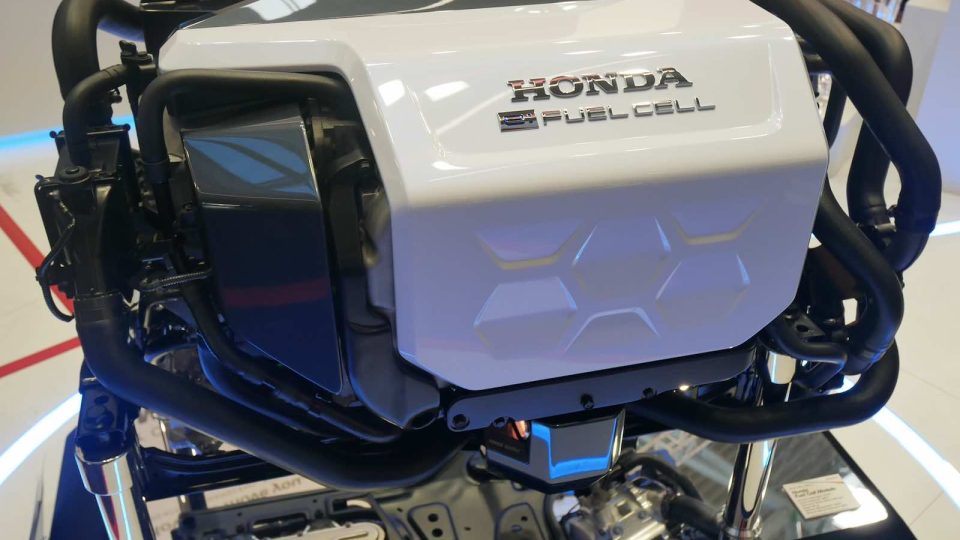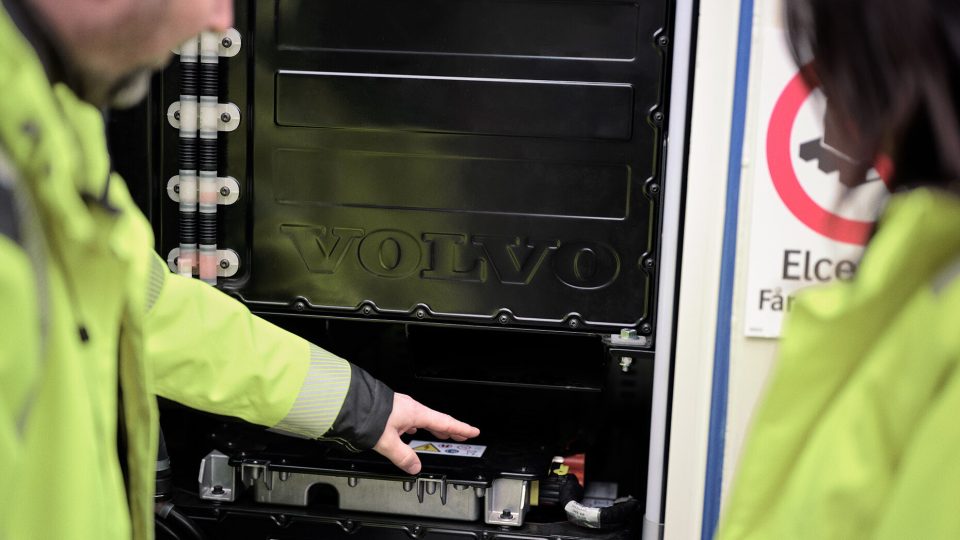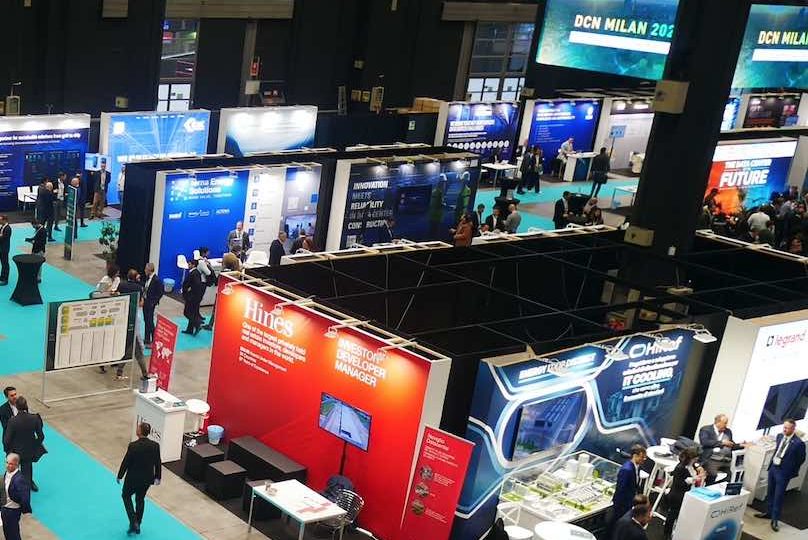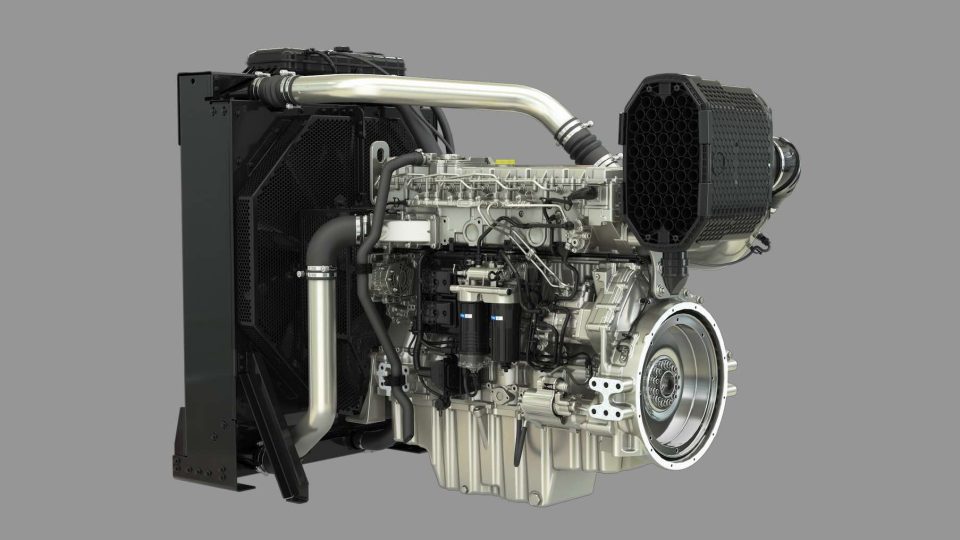MAN V12 NG engines are ‘hydrogen-ready’. Up to 20% blending without changing components
In terms of CO2 reduction, according to MAN Engines, with blending of 20 percent hydrogen by volume, the E3262 E302 Lambda-1 engine achieves a CO2 reduction of 5.7 percent and a hydro-carbon (HC) reduction of 23 percent.
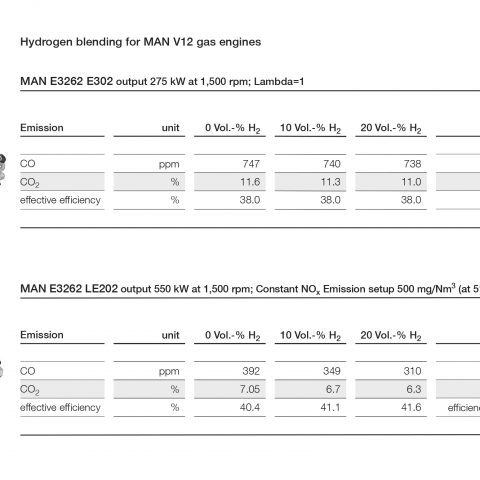
Turbocharged and naturally aspirated MAN V12 natural gas engines are ‘hydrogen-ready’, meaning that they can be adapted to up to 20 percent hydrogen blending without component modification. We’re talking about stationary gas engines of types MAN E3262 LE202 (turbocharged lean-burn engine) and MAN E3262 E302 (naturally aspirated Lambda-1 engine) when operated with natural gas.
It is quite interesting when thinking of the possibility to switch to ‘hydrogen-ready’ plants with the same infrastructure. As a matter of fact, the German government, just to make an example, is currently assessing with a view to promoting it within the framework of the Combined Heat and Power Act.
MAN V12: hydrogen-ready to achieve CO2 reduction
«As the market leader in our field of activity and a long-standing facilitator to our customers, we are able to offer a high degree of operational reliability. This is demonstrated not only by pure product quality, but also by new, innovative product features such as H2 readiness», says Günther Zibes, Head of Sales Power MAN Engines.
In terms of CO2 reduction, according to the German engine manufacturer, with blending of 20 percent hydrogen by volume, the E3262 E302 Lambda-1 engine achieves a CO2 reduction of 5.7 percent and a hydro-carbon (HC) reduction of 23 percent.
Similarly, the turbocharged lean-burn E3262 LE202 engine achieves a CO2 reduction of 11.2 percent and an HC reduction of 17.4 percent. In addition, an efficiency increase of 1.2 percentage points is achieved in this case.
Other engine types might come
Due to the high number of around 22,000 MAN gas engines are installed in existing CHP plants, CO2 savings of approximately four million tons might be realized every year worldwide. This substitution is achieved as a result of the highly efficient generation of electricity and heat by gas engines in CHP plants instead of energy generation using conventional technologies.
Adding as little as 1 percent hydrogen by volume, which burns CO2 neutrally, would prevent the emission of around 100,000 tons of CO2. For this reason, MAN Engines will also be assessing other engine types in its existing gas engine portfolio for hydrogen blending opportunities.




